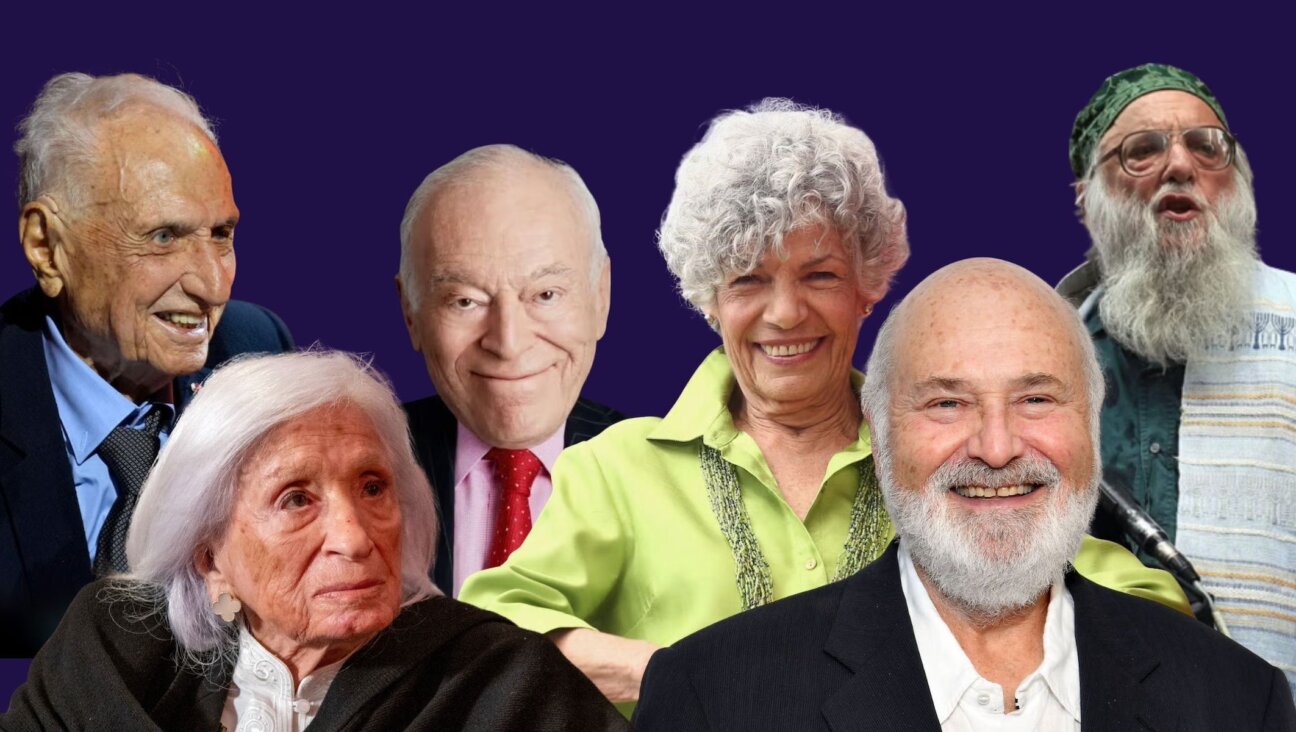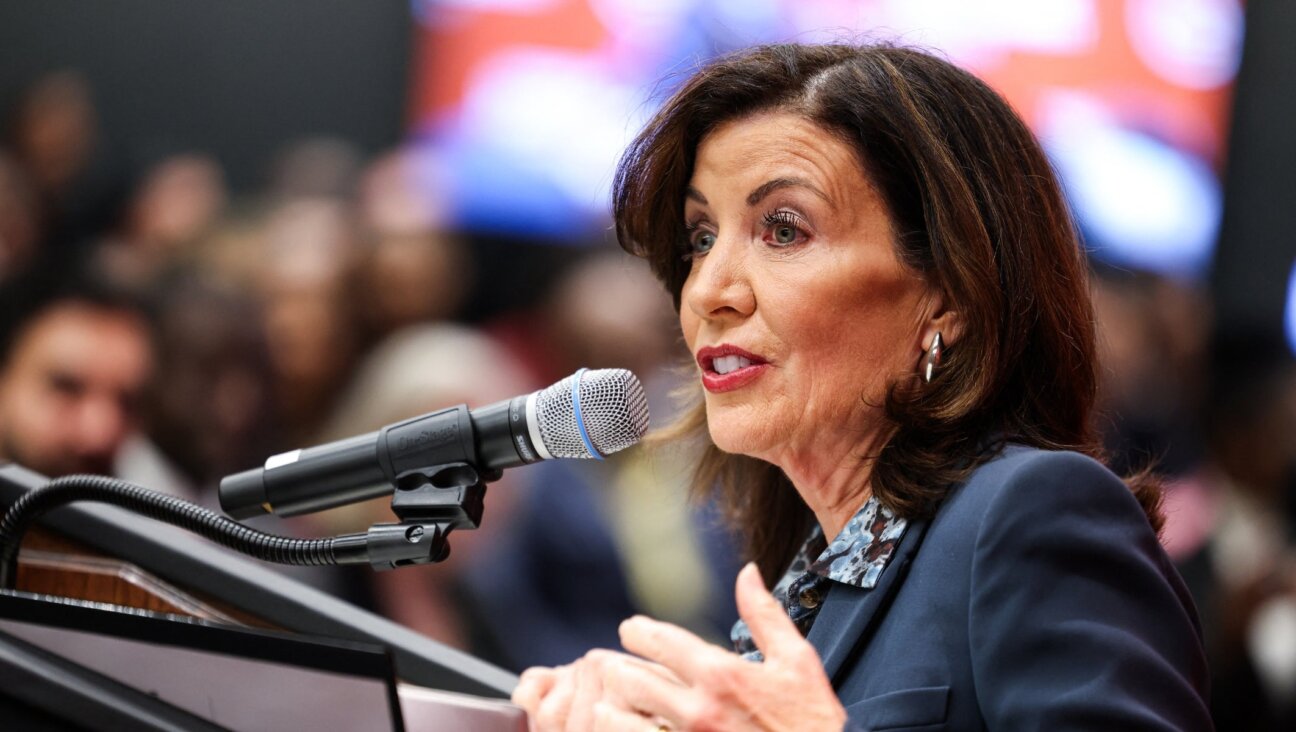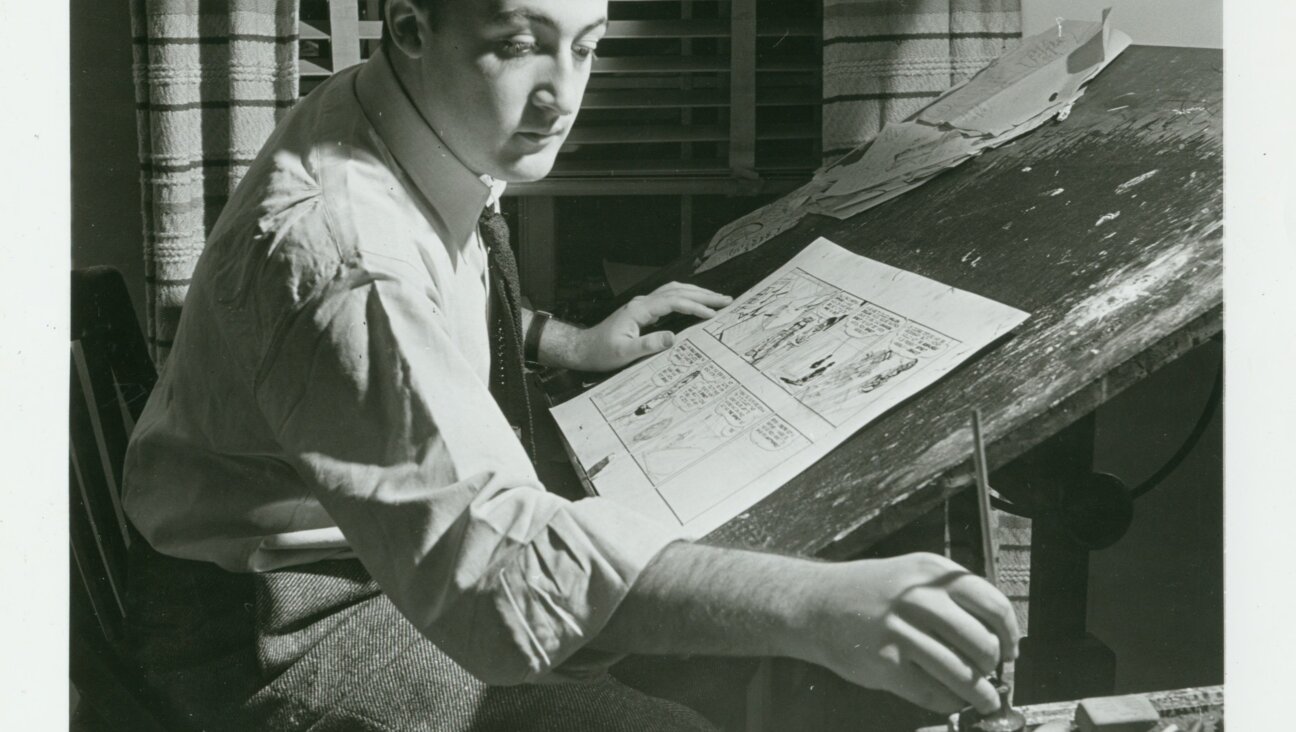92% of Israeli Holocaust Survivors Upset at Treatment by State

Graphic by Angelie Zaslavsky
Days before Israel marks its Holocaust Remembrance Day, a newly published survey reveals that 92 percent of Holocaust survivors in the country claim the state does not allocate enough funds for them.
The survey of 500 Holocaust survivors was conducted by the Foundation for the Benefit of Holocaust Victims in Israel under the supervision of Professor Rafi Smith. About 192,000 Holocaust survivors, approximately two-thirds of them women, live in Israel.
Sixty-seven percent of the survivors said they were unsatisfied with the way the government treated them, while more than half (56 percent) said there was no change in the government’s treatment of survivors over the past five years. In June 2008, the Investigation Committee to Assist Holocaust Survivors, headed by Justice Dalia Dorner, published its report stating that Israel was paying Holocaust survivors compensation that amounted to no more than two-thirds of the agreed-upon sum. In addition, 22 percent of the survivors said that the government’s treatment of the survivors had worsened.
The survey asked survivors to state their main difficulty. For 49 percent, it was health problems that affected their day-to-day lives. Twenty-nine percent complained of financial trouble, 8 percent mentioned loneliness and 10 percent cited bureaucratic difficulty.
For more, go to Haaretz














